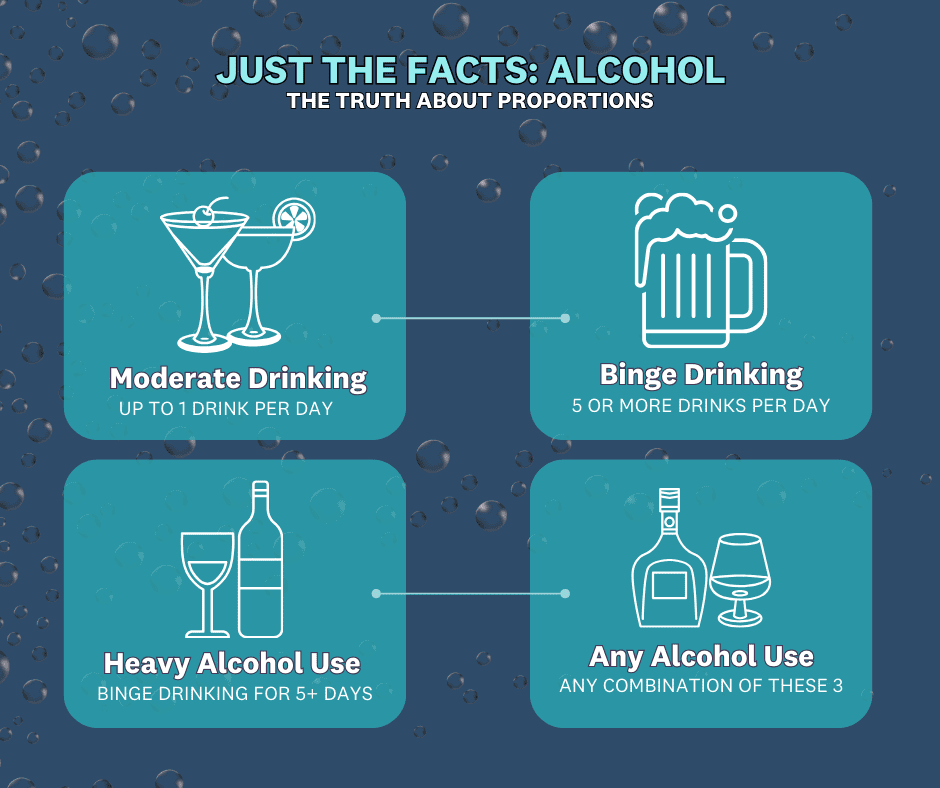Discover the shocking truth behind alcohol consumption as we delve into the question: How many beers does it really take?

Image courtesy of Anete Lusina via Pexels
Table of Contents
Have you ever wondered how many beers it takes to get drunk? It’s a question that many people ponder, especially when they are out socializing with friends or relaxing at home. While the answer may vary from person to person, there are several factors that can influence how quickly someone becomes intoxicated. In this blog post, we will delve deep into the science behind alcohol metabolism, individual tolerance levels, and various factors that can impact intoxication.
Alcohol Metabolism
When you consume alcohol, it enters your bloodstream and is eventually broken down by your liver. The rate at which alcohol is metabolized can vary depending on factors such as body weight, gender, and genetics. Generally, women tend to metabolize alcohol at a slower rate than men, due to lower levels of the enzyme alcohol dehydrogenase.
Body weight also plays a role in alcohol metabolism, as a larger body mass dilutes the alcohol in the bloodstream. This means that someone who weighs more may be able to consume more alcohol before feeling intoxicated compared to someone who weighs less.
Individual Tolerance Levels
individual tolerance levels to alcohol can vary greatly from person to person. Factors such as drinking experience, hydration, and food consumption can all influence how intoxicated someone becomes after consuming alcohol. Those who have built up a tolerance to alcohol over time may be able to drink more before feeling the effects, while someone with a lower tolerance may become intoxicated more quickly.
Hydration is another important factor to consider when it comes to alcohol consumption. Drinking alcohol can dehydrate the body, which can lead to quicker intoxication. It’s important to drink water alongside alcohol to stay hydrated and help regulate your body’s response to alcohol.
Factors Influencing Intoxication
There are several factors that can influence how quickly someone becomes intoxicated when drinking alcohol. The alcohol content of different beverages, drinking speed, and mixing alcohol with other substances can all impact intoxication levels.

Image courtesy of www.safeproject.us via Google Images
Hard liquor typically has a higher alcohol content than beer or wine, meaning that fewer drinks may be needed to reach a certain level of intoxication. Drinking speed is another important factor to consider, as consuming alcohol quickly can overwhelm the body’s ability to metabolize it, leading to a higher blood alcohol concentration.
Finally, mixing alcohol with other substances such as medications or energy drinks can have unpredictable effects on intoxication levels. It’s important to be mindful of what you are consuming and how it may interact with alcohol to avoid negative consequences.
Conclusion
Understanding how many beers it takes to get drunk is a complex issue that is influenced by a variety of factors. By delving into the science behind alcohol metabolism, individual tolerance levels, and various factors that can impact intoxication, we can make more informed decisions when it comes to drinking responsibly.
Remember, it’s important to listen to your body and know your limits when it comes to alcohol consumption. By staying hydrated, pacing yourself, and being aware of the factors that can influence intoxication, you can enjoy a safe and enjoyable drinking experience. Cheers to responsible drinking!
FAQ
Question 1: How many beers does it take to get drunk?
Answer 1: The number of beers it takes to get drunk varies depending on factors like body weight, tolerance, and alcohol content. Generally, it’s recommended to drink responsibly and know your limits.
Question 2: How does alcohol metabolism affect intoxication?
Answer 2: Alcohol metabolism differs between individuals based on factors such as gender, genetics, and body weight. Understanding how your body processes alcohol can help you gauge your tolerance levels.
Question 3: Can hydration impact alcohol intoxication?
Answer 3: Yes, staying hydrated can help regulate your body’s response to alcohol consumption. Drinking water alongside alcohol can prevent dehydration and potentially slow down the rate of intoxication.
Question 4: Are there factors that can influence how quickly someone gets drunk?
Answer 4: Yes, factors like the alcohol content of beverages, drinking speed, and mixing alcohol with other substances can all impact intoxication levels. It’s important to be mindful of these factors to drink responsibly and stay safe.
Generated by Texta.ai Blog Automation
Leave a Reply